mikemiller1955
Lieutenant General
- Joined
- Aug 3, 2008
- Messages
- 17,607
A pioneer is a soldier employed to perform engineering tasks. The term is in principle similar to sapper.
Pioneers were originally part of the Artillery branch of European armies. Their primary job was to assist other Arms in tasks such as construction of field fortifications or military camps. During the First World War pioneers were often engaged in construction and repair of military railways.
Later pioneers have been in the engineering branch, in the logistic branch, part of the infantry, or a branch in their own right.
Many British Commonwealth military forces distinguish between small units of "assault pioneers" belonging to infantry regiments as opposed to separate pioneer regiments (as in the former Royal Pioneer Corps). The United States Marine Corps have sometimes organized their sappers into "Pioneer Battalions".
Got my pioneer today...he just built this artillery fortification...he has his axe ready for the next job...
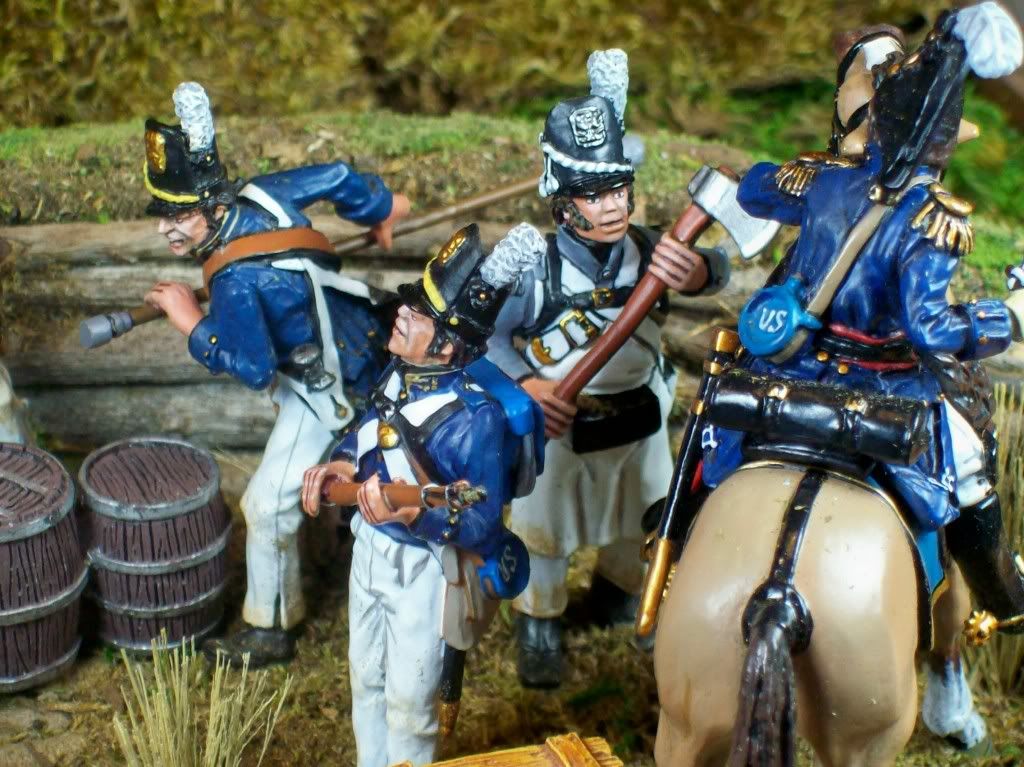
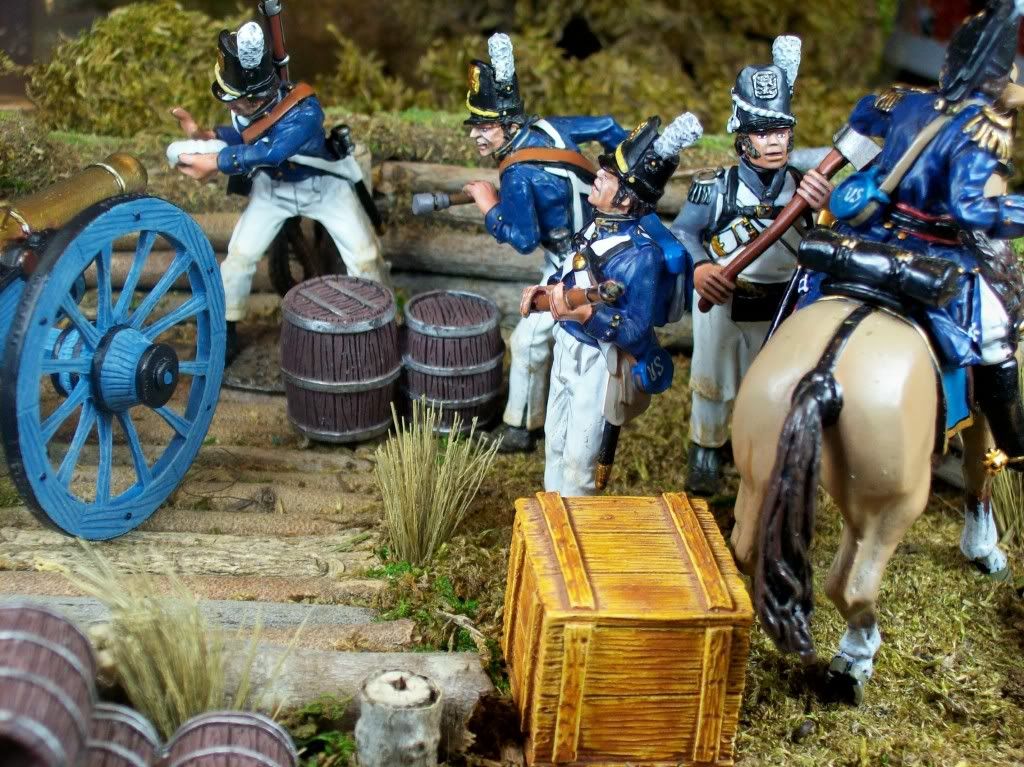
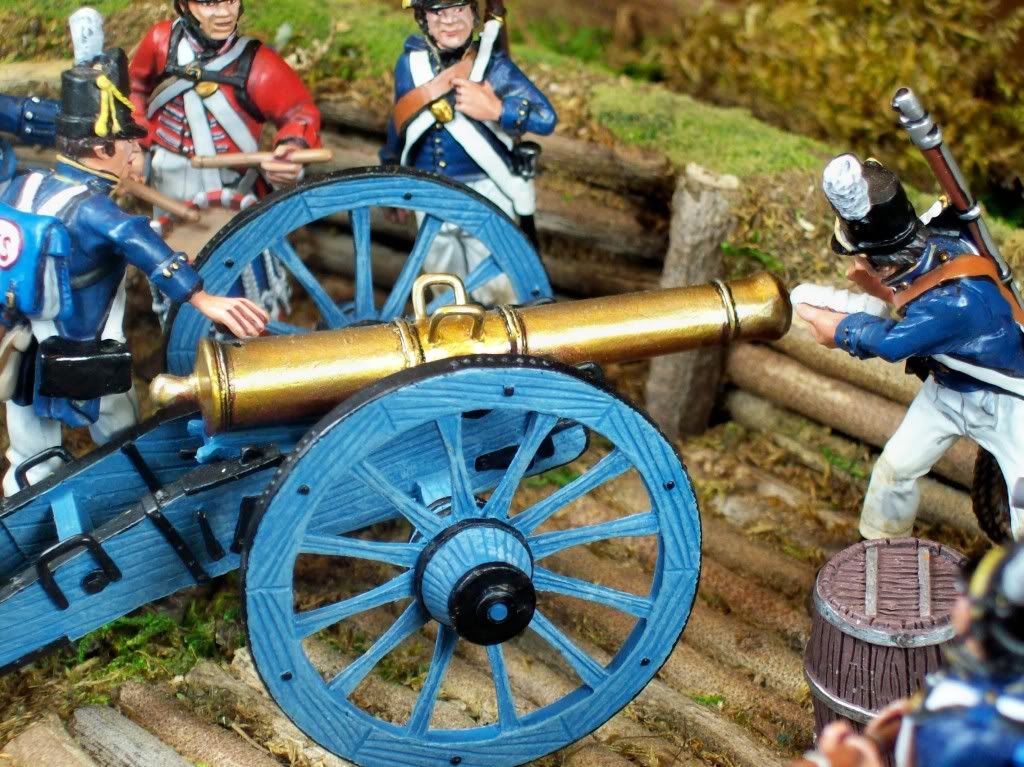
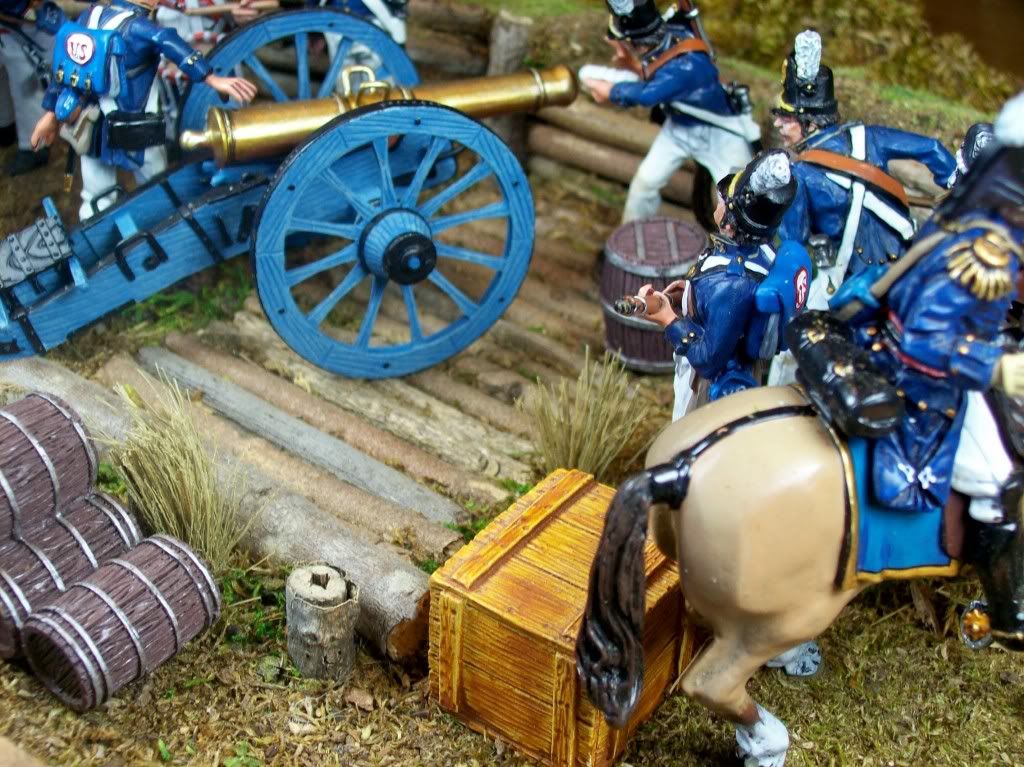
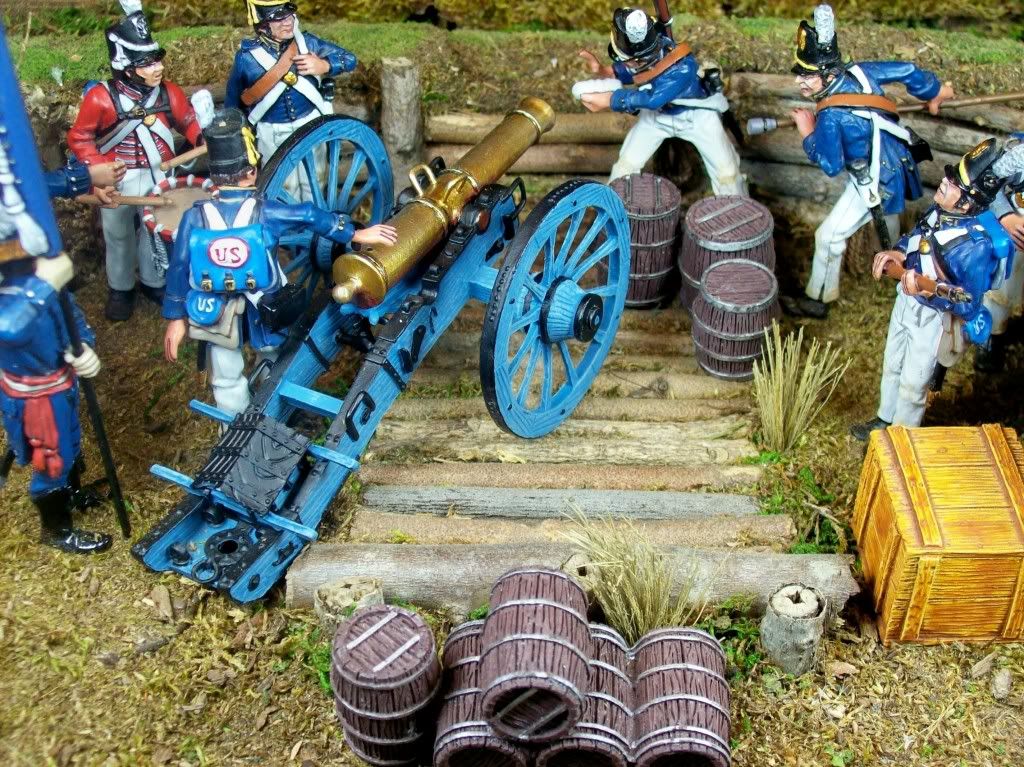
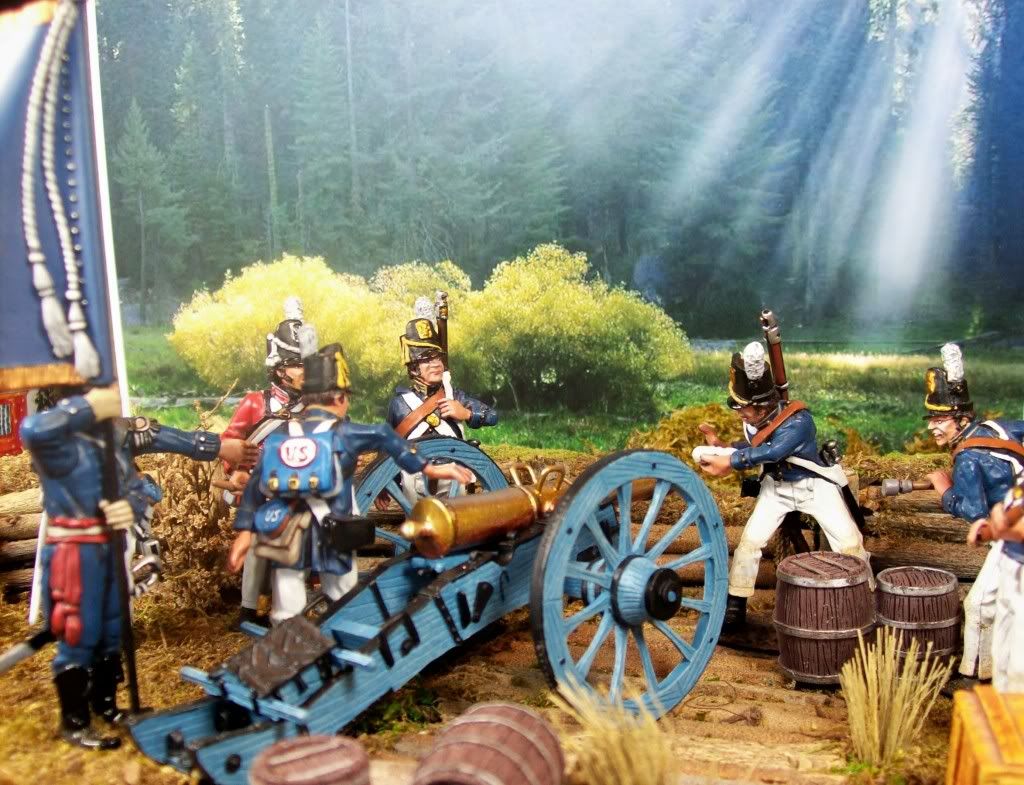
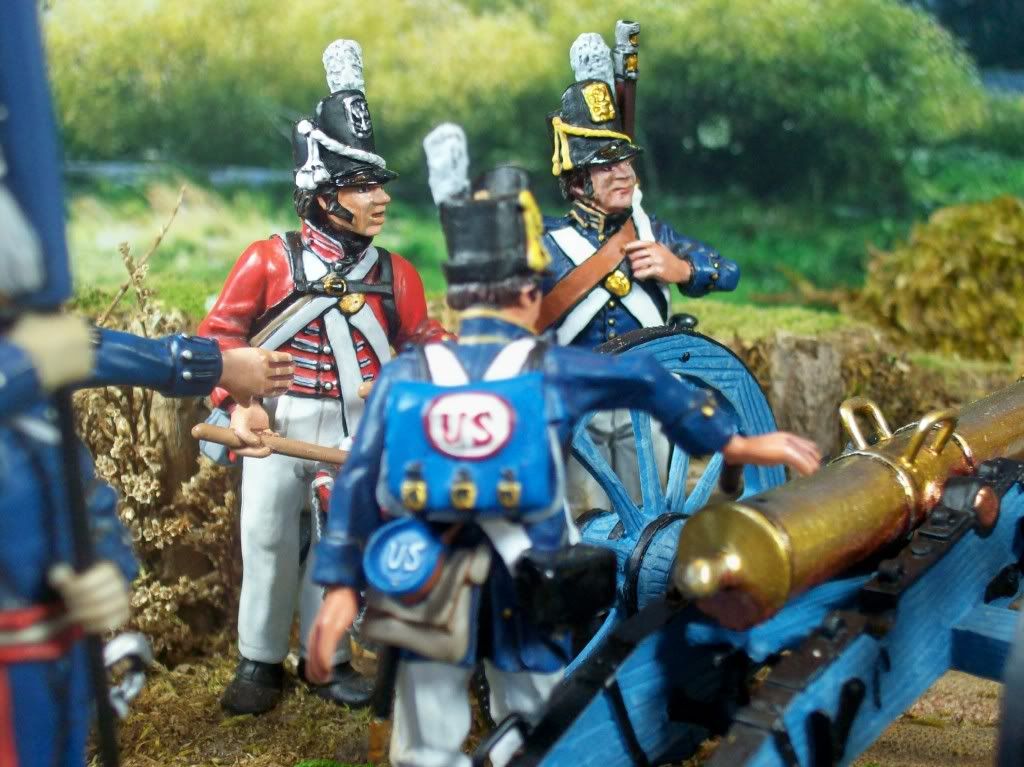
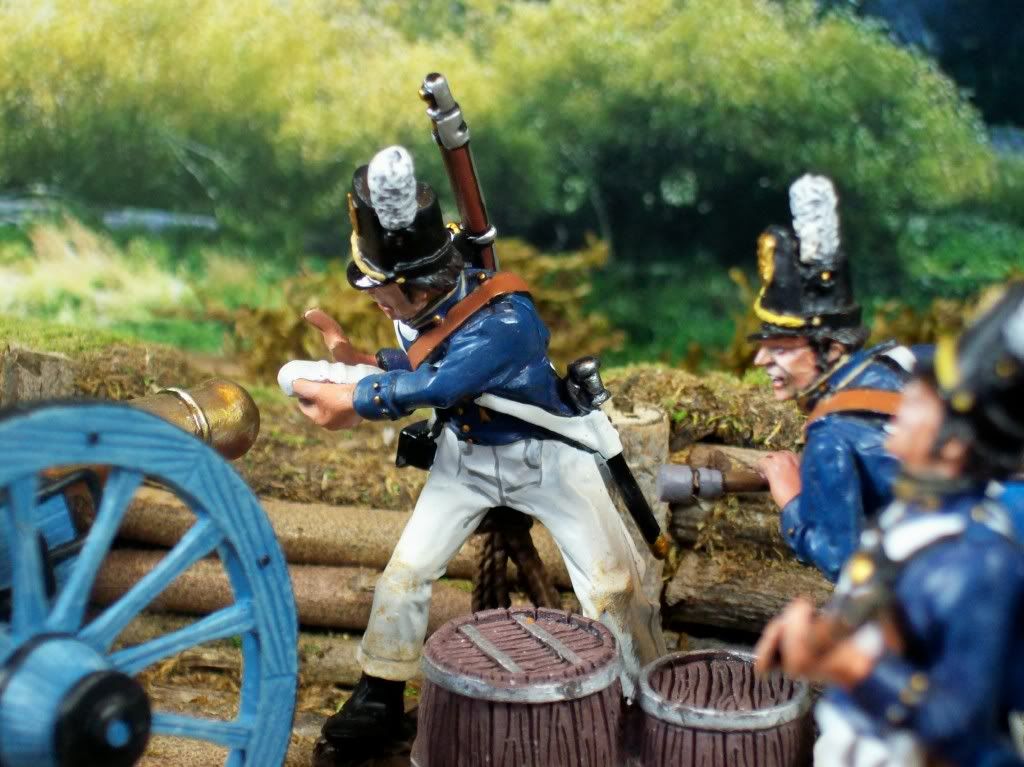
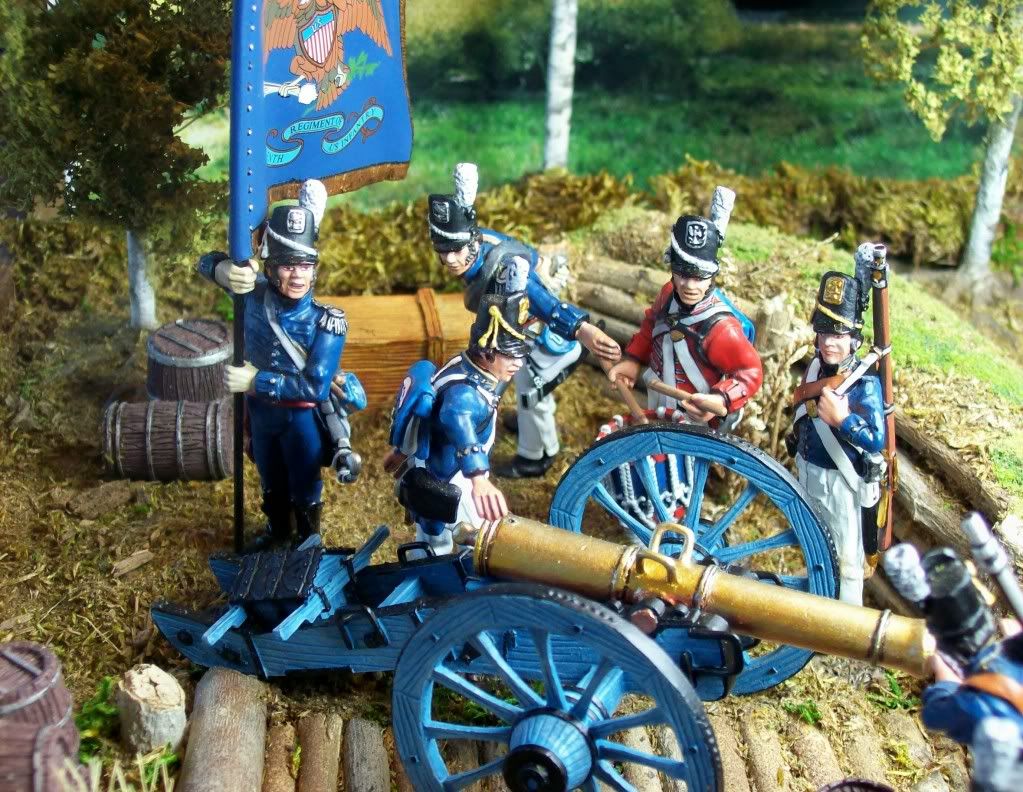
Pioneers were originally part of the Artillery branch of European armies. Their primary job was to assist other Arms in tasks such as construction of field fortifications or military camps. During the First World War pioneers were often engaged in construction and repair of military railways.
Later pioneers have been in the engineering branch, in the logistic branch, part of the infantry, or a branch in their own right.
Many British Commonwealth military forces distinguish between small units of "assault pioneers" belonging to infantry regiments as opposed to separate pioneer regiments (as in the former Royal Pioneer Corps). The United States Marine Corps have sometimes organized their sappers into "Pioneer Battalions".
Got my pioneer today...he just built this artillery fortification...he has his axe ready for the next job...











